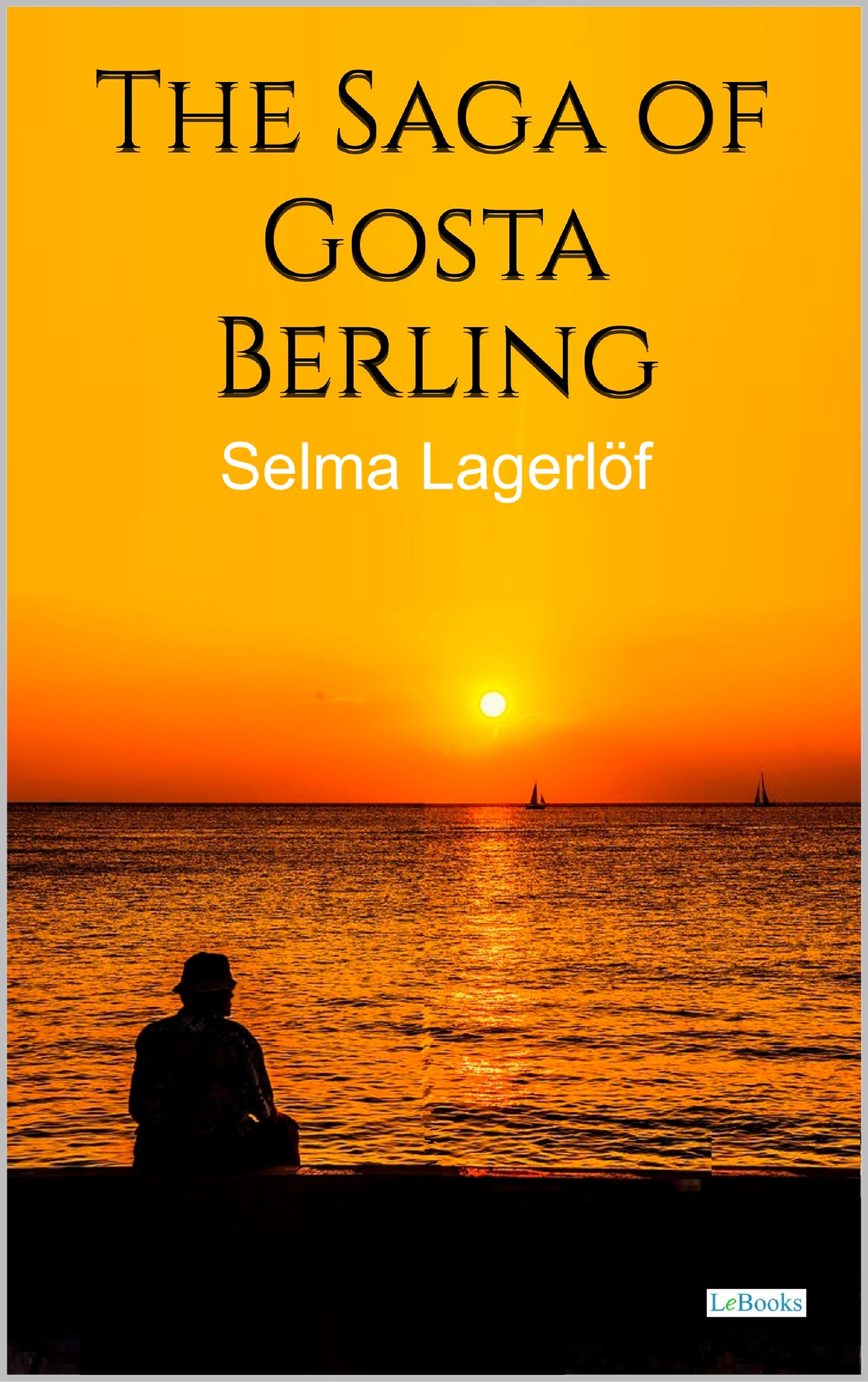
The Saga of Gösta Berling by Selma Lagerlöf is a richly imaginative and poetic novel that blends folklore, romanticism, and psychological depth. Set in 19th-century rural Sweden, the novel follows Gösta Berling, a defrocked priest and charismatic outcast who becomes part of a group of eccentric cavaliers at Ekeby manor. Through a series of episodic adventures, Gösta's journey unfolds as he battles his inner demons, seeks redemption, and finds love, all while Lagerlöf paints a vivid picture of a community shaped by myth, passion, and human frailty.
Since its publication, The Saga of Gösta Berling has been celebrated for its lyrical prose, narrative inventiveness, and strong sense of place. Lagerlöf's unique voice—deeply rooted in Swedish tradition yet profoundly universal—helped redefine Scandinavian literature. The novel blends realism with fantastical elements, creating a timeless tale of transformation and resilience.
Its enduring relevance lies in its exploration of personal redemption, the power of imagination, and the tension between individual freedom and societal expectations. The Saga of Gösta Berling remains a landmark in world literature and a testament to Selma Lagerlöf's pioneering vision as the first woman to win the Nobel Prize in Literature.